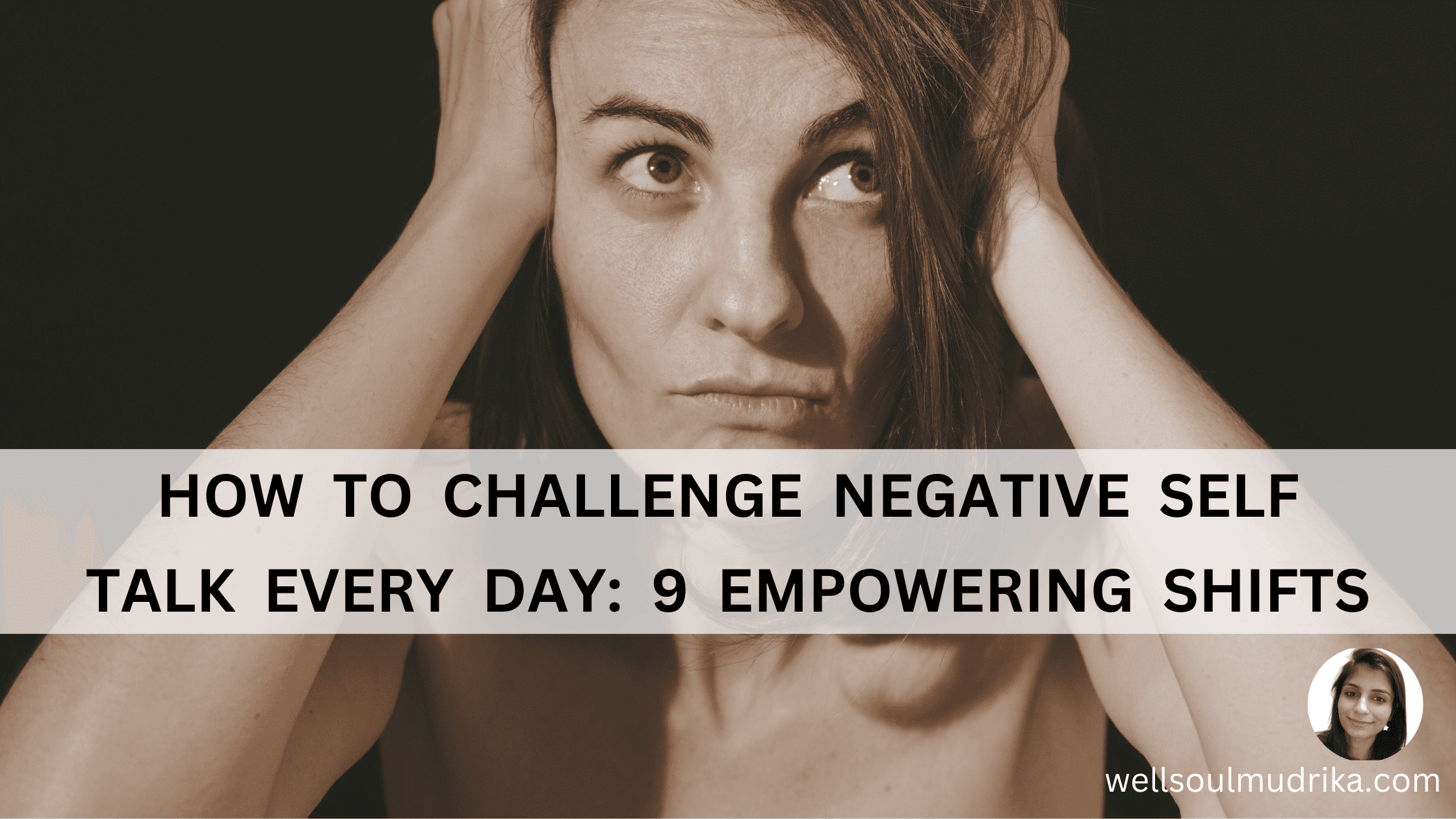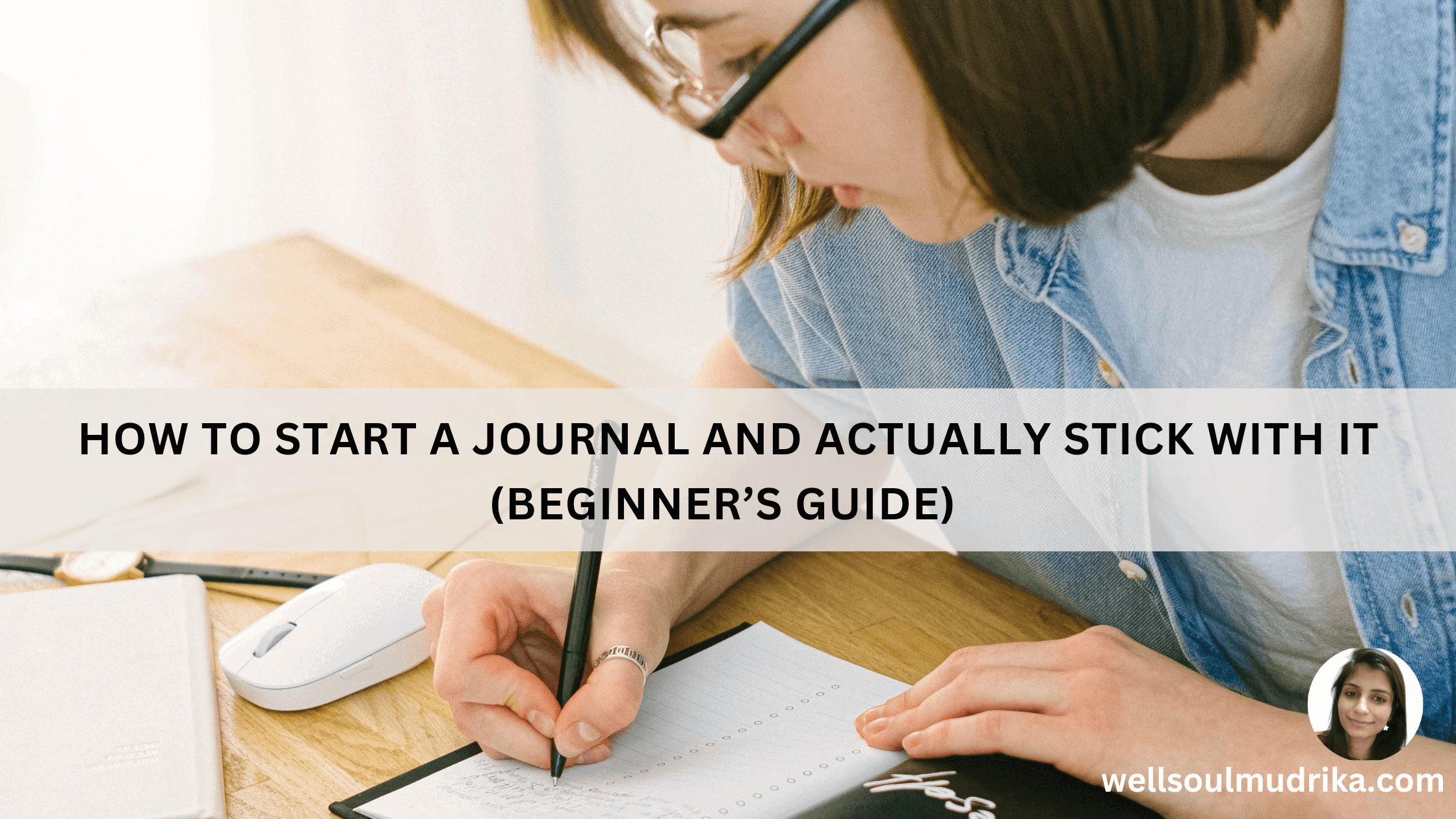Feeling stuck or unsure of your next move? Here’s how to self reflect using 21+ powerful questions that spark clarity and growth.
“Knowing yourself is the beginning of all wisdom.” – Aristotle.
Self reflection has become a buzzword nowadays but most people don’t know how to self reflect and don’t even have time for it. In today’s busy life, we hardly take the time to pause and reflect on our experiences, thoughts, and emotions. This can lead to confusion, dissatisfaction, and even burnout.
You spend most of your time with yourself but think about it, do you really know yourself well? Do you know how to self reflect to improve your life?
The process of self reflection is not so easy but necessary to understand yourself better. When you confront your weaknesses, behavior, and emotions, you get one step closer to your self improvement journey.
In this blog, you will learn how to self reflect properly, helping you to live a more intentional and fulfilling life. By the end you’ll have a set of deep questions that will guide your self-reflection process.
Let’s get started
What is the meaning of Self Reflection?
Self reflection is a mindful process of looking inward at your thoughts, feelings, habits, patterns, and behaviors. It is important to examine and evaluate your thoughts to gain insight into who you are and why you act the way you do.
It’s an essential practice for personal growth that allows you to make adjustments when needed. Self reflection is the key to progress and self improvement.
If you don’t know how to self reflect properly, your efforts can go in vain.
Benefits of Self Reflection
Self reflection plays a powerful role in helping you lead a fulfilling life.
It helps improve self-awareness, promote critical thinking and problem-solving capabilities.
It also helps in:
1. Enhancing overall well-being.
2. Making better decisions.
3. Learning from your mistakes and successes.
4. Increasing your understanding of yourself and your values.
5. Emphasizing your strengths and improving your weaknesses.
6. Increasing levels of emotional intelligence and lowering levels of stress and anxiety.
How to Self Reflect : 6 Effective Methods
Now that you know all about self reflection, let’s dive into how to self reflect. Whether you’re new to self-reflection or looking to deepen your practice, these insights will help you in your self discovery journey.
A quote on self reflection by Dan Koe:
Self-reflection is how you realize whether your habits are leading to an enjoyable or painful life.
– Dan Koe ( From Dan Koe’s tweet )
1. Prepare for Self Reflection
Before diving into how to self reflect, it’s essential to create a safe and quiet environment for deep thinking.
Here are some tips to help you prepare:
- Find a quiet, comfortable spot where you can think without distractions. This could be your cozy room, terrace, garden or a cafe.
- You can even try getting out into nature. Spending time in the outdoors helps remove distractions and clear your head so you can think.
- Schedule regular self reflection sessions. It can be daily, weekly, or monthly but be consistent. Treat this time as an important appointment with yourself.
- Have a conversation with yourself. Self talk helps you understand your emotions better and helps organize your thoughts.
2. Ask yourself open-ended questions
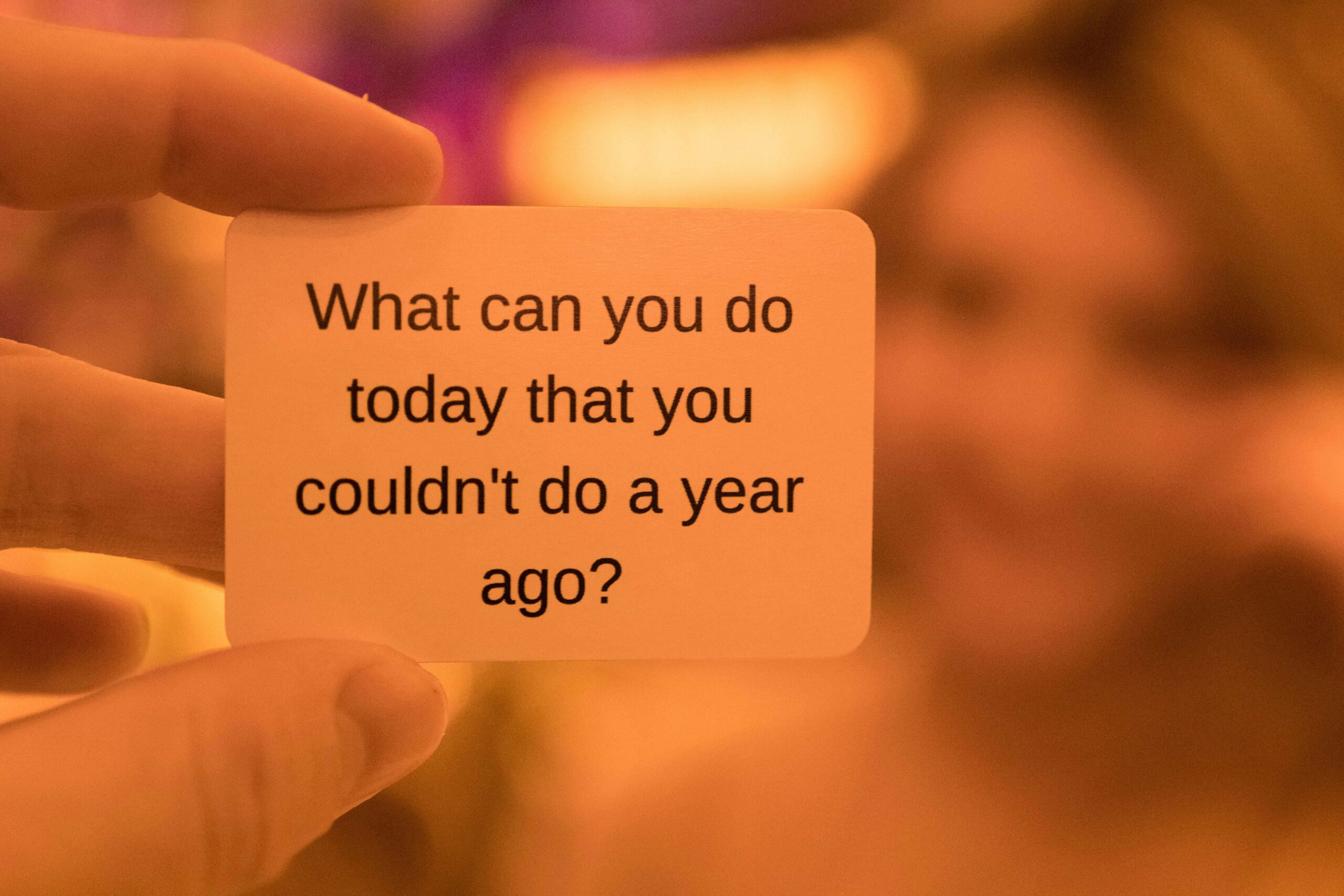
As you learn how to self reflect, the most important point is to ask the right and open-ended questions.
“What” questions are more objective and can help you to reflect on areas in which you can improve.
“Why” questions can help you with your thoughts, feelings, opinions, and reasoning.
It will help you understand why you enjoy certain experiences or what drains you. This could further help you make better decisions.
I remember how I was stuck in my hectic job at an MNC that involved me doing shifts and managing things on the floor, doing things mindlessly with no joy. But, when I took a pause, reflected on myself, and asked some questions about my desired life, I got clarity. This made me realize what I really wanted to do and chose the path that was more aligned with my true self.
So, by understanding your why, you can understand your needs and make appropriate moves for your desired life.
How to start:
- Take time to decide what questions you want to ask yourself to reflect upon.
- Ask yourself open-ended questions like what would I like to improve about myself?
- Notice what thoughts and feelings arise within you for each question, and then begin to think about why.
- Be honest with your answers. You might find it difficult to answer some questions, so take your time.
- Identify some daily goals for self improvement and hold yourself accountable for making progress towards them by continuing your reflection.
I have listed some questions in a later section to reflect upon for your convenience. Start by identifying whatever you’d like to discover, then use it to guide your self reflection process.
3. Journaling
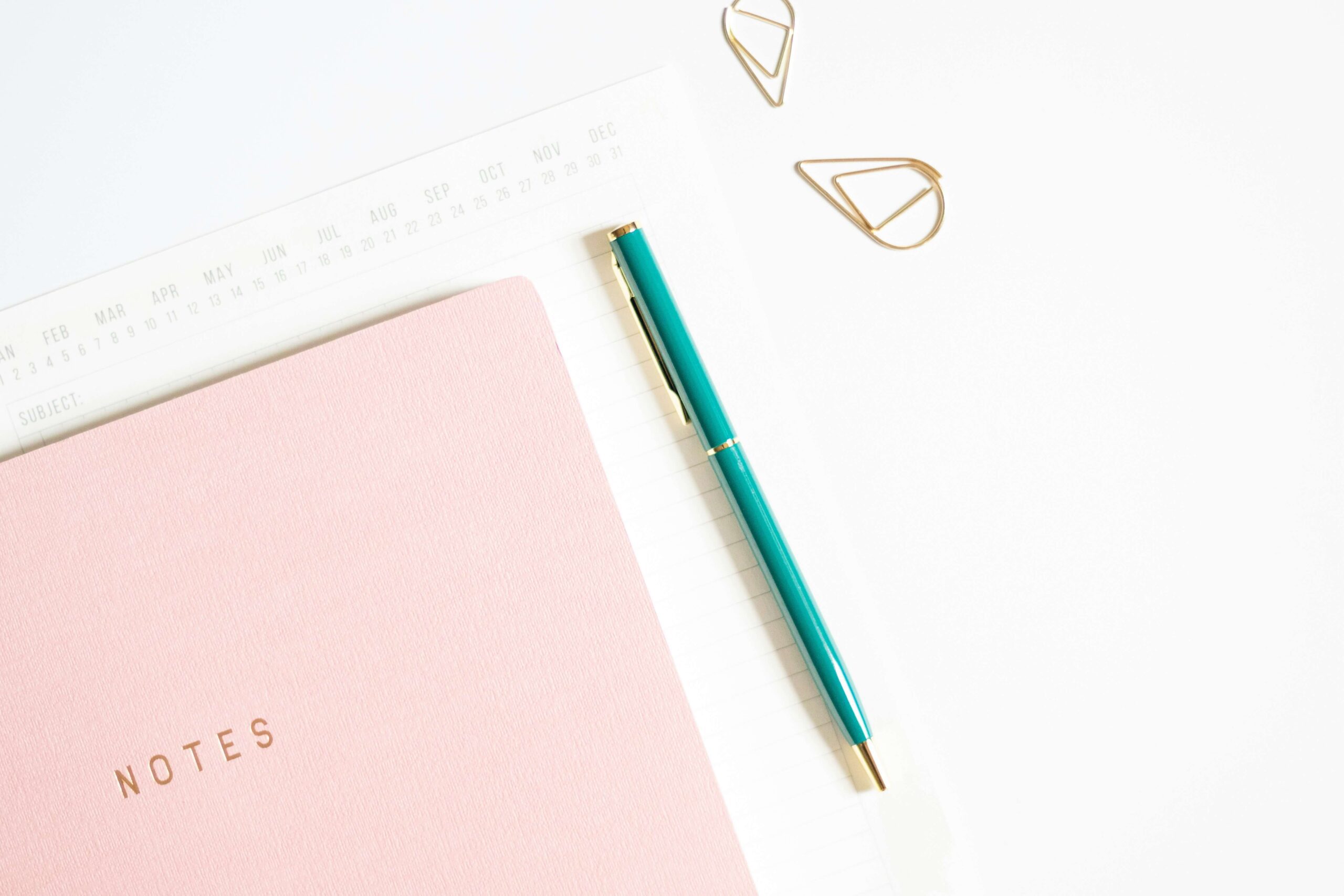
Journaling is the process of writing down your thoughts, feelings, and experiences. When you record your thoughts and patterns in a self reflection journal, it helps you reflect on yourself better. It is one of the easiest ways of how to self reflect.
When I started feeling overwhelmed in life, I started journaling regularly. I used to put all my thoughts on paper to declutter my mind and have better clarity.
How to Start:
- Choose a specific time each day or week to journal. For me, night time before sleeping works best to jot down everything going on in my mind
- Find a quiet and comfortable space.
- Write down your thoughts in a free-flowing manner without judgment.
- You can even have a gratitude journal where you list out things you are grateful for in life. This will make you positive towards your life and improve your mood.
- Use journaling prompts or gratitude prompts to start with. For example: What am I grateful for today?
- Try to write in your journal regularly, even if your reflections are short.
Journaling not only enhances self-awareness but also helps process emotions, understand patterns, and provide clarity on various aspects of life.
4. Meditation
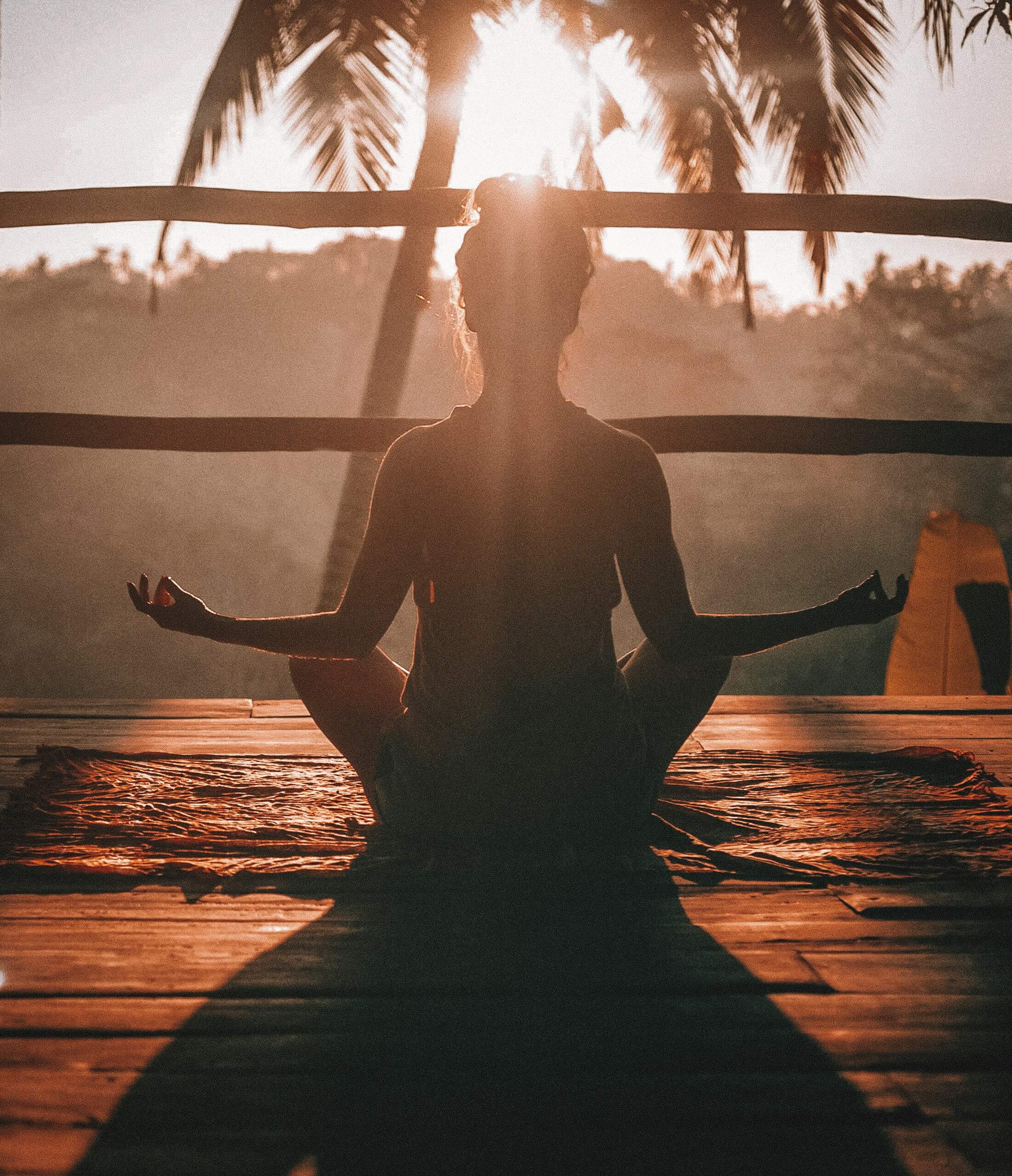
Meditation is a powerful tool for self reflection and personal growth.
When you focus your mind on one thing, it helps you become more aware of your thoughts and feelings, allowing for deeper self reflection.
How to Start:
- Choose a quiet place where you can sit comfortably without interruptions.
- Start with deep breathing exercises and focus on your breath
- Notice the inhale and exhale without trying to change it.
- Observe your thoughts without judgment, let them pass, and bring your focus back to your breath.
- Notice the pattern of your thoughts, and what’s bothering you, and process emotions that made you feel a certain way.
- Then, write down your thoughts in a journal if you want
- You can start with 5-10 minutes sessions, and gradually increase the time as you get more comfortable.
According to research, meditation helps people manage stress and anxiety.
It also helps to improve focus and concentration and increases mindfulness. Also, deep breathing helps calm your mind and focus your thoughts.
Also Read: How to Reconnect With Yourself: 11 Powerful Practices
5. Talking to a Trusted Friend or Mentor
Sometimes, talking things out with someone you trust can provide new perspectives and insights. It can be your family members, friends, or a mentor whom you can trust.
How to Start:
- Find a person who genuinely listens to you and understands your feelings.
- Be honest and share your thoughts and feelings openly with them
- Ask them for feedback and their perspective on the issue.
This will help you provide a new perspective, reduce your mental burden, and give you clarity and emotional support. It will make you see things from a different angle.
6. Mind Mapping
Mind mapping is an amazing how to self reflect visual tool that helps you organize your ideas and thoughts. It involves creating a diagram with a central concept and branching it out into related ideas, thoughts, or questions.
How to Start:
- Start with a central theme or question you want to explore.
- Draw out branches for related ideas, questions, or reflections.
- Expand on each branch with more specific thoughts, examples, or feelings.
This will help you to organize your thoughts visually and clarify complex thoughts.
Whenever I feel overwhelmed with multiple goals or decisions, I use mind mapping techniques. This helps me branch out things or tasks and prioritize the most important things along with actions.
21+ Powerful Self Reflection Questions to Ask Yourself
Writing is an effective way to self introspect, and become aware of yourself and your feelings.
Now that you know all about self reflection and its techniques, it is important to ask the right questions to get the right answers. Here are 21+ deep self reflection questions you can ask yourself that will help you think, self reflect, and find answers to various aspects of life to get better clarity.
It might feel difficult to address some questions and emotions but you have to do it for yourself.
So, get out of your comfort zone and start with the following list of questions:
Self Reflection Questions for Self Awareness
1. If I do the same things that I’m currently doing, would I be proud of myself and my life?
2. What is my dream life and how can I live it?
3. What are my biggest strengths and weaknesses/
4. What would I do if I knew I could not fail?
5. What makes me feel calm and happy?
6. If I could give my younger self one piece of advice, what would it be?
Self Reflection Questions for Personal Growth
7. What are my core values, and how do they align with my current life?
8. What achievements am I most proud of, and why?
9. What lessons have I learned from my failures?
10. Am I pursuing my passion, or am I settling for less?
11. What motivates me in my work?
Self Reflection Questions for Uncomfortable Emotions
12. What am I holding onto that I need to forgive myself for?
13. How do I calm myself in a difficult situation?
14. What toxic things I should get rid of?
15. What frustrates me the most?
16. What scares me the most?
Self Reflection Questions for Mental Health
17. What triggers my negative thoughts, and how can I manage them?
18. How do I handle stress, and what can I improve?
19. What makes me feel in control?
Self Reflection Questions for Relationships
20. Who are the most important people in my life, and why?
21. How do my relationships contribute to my happiness?
22. Do I have healthy relationship boundaries? If not, how can I create them?
Self Reflection Questions for Future Aspirations
23. Where do I see myself in five years?
24. What is the ultimate goal and purpose of my life?
25. What success means to me?
Wrap Up
Self reflection is a powerful technique to become self aware and make better decisions. By asking the right questions, you can get a deeper understanding of who you are and who you want to become and get ahead on your self-improvement journey.
I am sure now you have got an understanding on how to self reflect. So, step back from the chaos of daily life and make self reflection a regular part of your routine. It will not only improve your emotional health but also help you create a more fulfilling life.
If you found these self-reflection questions helpful, choose a few to reflect on, set some time aside, and start your self reflection journey today. Pick the methods from how to self reflect that you feel most resonated with and are easy to start right away.
Share your experiences below in the comments. I would love to read them.
Remember, your most authentic self is waiting to be revealed!
Read Next: 41+ Fresh New Year Journal Prompts For The New You
FAQs
1. What are some tips for effective self reflection?
While self-reflection is about deep thought, avoid negative thinking and dwelling on mistakes. It’s important to acknowledge and understand your emotions too alongwith your thoughts. Be honest and kind towards yourself.
Also, be consistent and make self reflection a regular habit. The more you practice, the more insights you will gain.
2. How to answer self reflection questions effectively?
1. Set aside time to sit and think.
2. Sit somewhere quiet.
3. Start with the questions that jump out to you the most.
4. Allow your answers to just flow – write whatever comes to mind.
5. Be honest, real, and raw with your answers.
It’s okay to take the time to think about these questions and come up with answers later.
You need not expect to find all the answers in one go.
Start with writing an answer to one question each day for a month.

